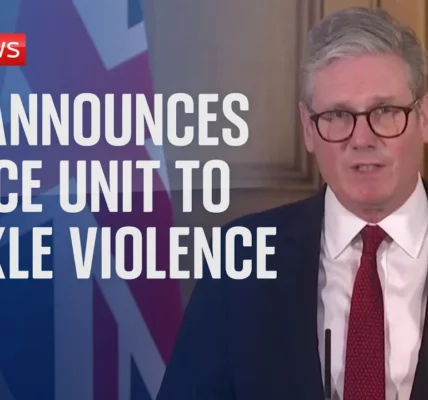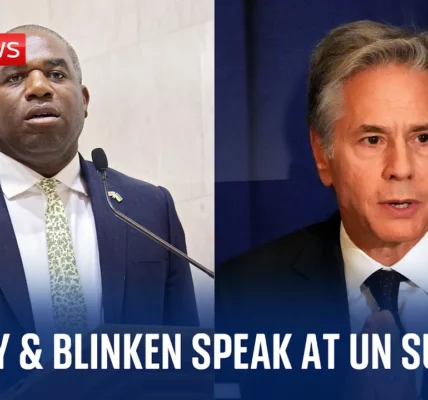Deadliest Day of Israeli Strikes in Lebanon – A Comprehensive Overview

This article provides an in-depth look at the recent escalation of violence between Israel and Hezbollah in Lebanon, marking the deadliest day of airstrikes in nearly 20 years. We explore the humanitarian crisis, the geopolitical implications, and the experiences of those caught in the conflict.
Introduction
In a shocking turn of events, Lebanon has witnessed the deadliest day of Israeli airstrikes in nearly two decades, resulting in significant casualties and widespread panic. Over 350 people have been reported dead, with more than 1,645 injuries across various regions, particularly in the southern and eastern parts of the country. This escalation marks a critical point in the ongoing conflict between Israel and Hezbollah, leading to a humanitarian crisis as families flee their homes in search of safety. This article delves into the unfolding situation, the impact on civilians, and the broader implications for the region.
The Escalation of Violence
The Israeli military has conducted extensive airstrikes targeting Hezbollah positions throughout Lebanon. These strikes have reportedly reached over 1,200 targets, causing devastation in regions such as Naqoura, Sidon, and the Beqaa Valley. The intensity of the bombardment has led to chaos and panic in the streets, with families evacuating amidst the fear of further strikes.
Casualties and Human Impact
- Confirmed deaths: Over 492 individuals, including women and children.
- Injuries: Approximately 1,645 individuals have been reported injured.
- Displacement: Tens of thousands of residents are fleeing southern Lebanon.
The Lebanese Health Minister has expressed deep concern over the high casualty numbers, emphasizing that many victims are civilians caught in the crossfire.
Humanitarian Crisis and Displacement
The escalation has triggered a significant humanitarian crisis in Lebanon. Families are urgently seeking refuge from the violence, leading to massive traffic jams as people attempt to flee to safer areas, including the capital, Beirut. Reports indicate that many individuals are trapped in their vehicles for hours, struggling to find shelter.
Conditions for Refugees
Refugee camps, particularly those housing Palestinian families, are bracing for an influx of new arrivals. The conditions in these camps, already strained, are expected to deteriorate further as more families seek assistance.
Community Response
- Local families are opening their homes to those fleeing the airstrikes.
- Schools and community centers are being prepared as shelters for displaced individuals.
- Palestinian communities are coming together to provide support and resources for newcomers.
Geopolitical Implications
The recent violence not only threatens the stability of Lebanon but also has broader implications for the Middle East. Iran’s role as Hezbollah’s ally complicates the situation, as the Iranian government has accused Israel of provoking a wider war. The potential for regional escalation raises concerns among world leaders, prompting discussions at the United Nations General Assembly regarding diplomatic solutions.
International Reactions
- The United States has confirmed the deployment of limited troops to the region.
- World leaders are calling for de-escalation and humanitarian aid.
- Iran has emphasized its support for Hezbollah, warning against further Israeli aggression.
As the conflict escalates, the international community is faced with the challenge of finding a path to peace amidst rising tensions.
Conclusion
The situation in Lebanon remains dire, with the recent airstrikes resulting in unprecedented casualties and a growing humanitarian crisis. As families flee their homes, the long-term implications of this conflict may lead to further instability in the region. The urgent call for peace and humanitarian assistance is more critical now than ever. We encourage readers to stay informed and support organizations working to provide aid to those affected by the violence.
For more information on related topics, consider reading our articles on Humanitarian Aid Efforts in Lebanon and Geopolitical Strategies in the Middle East.
“`




